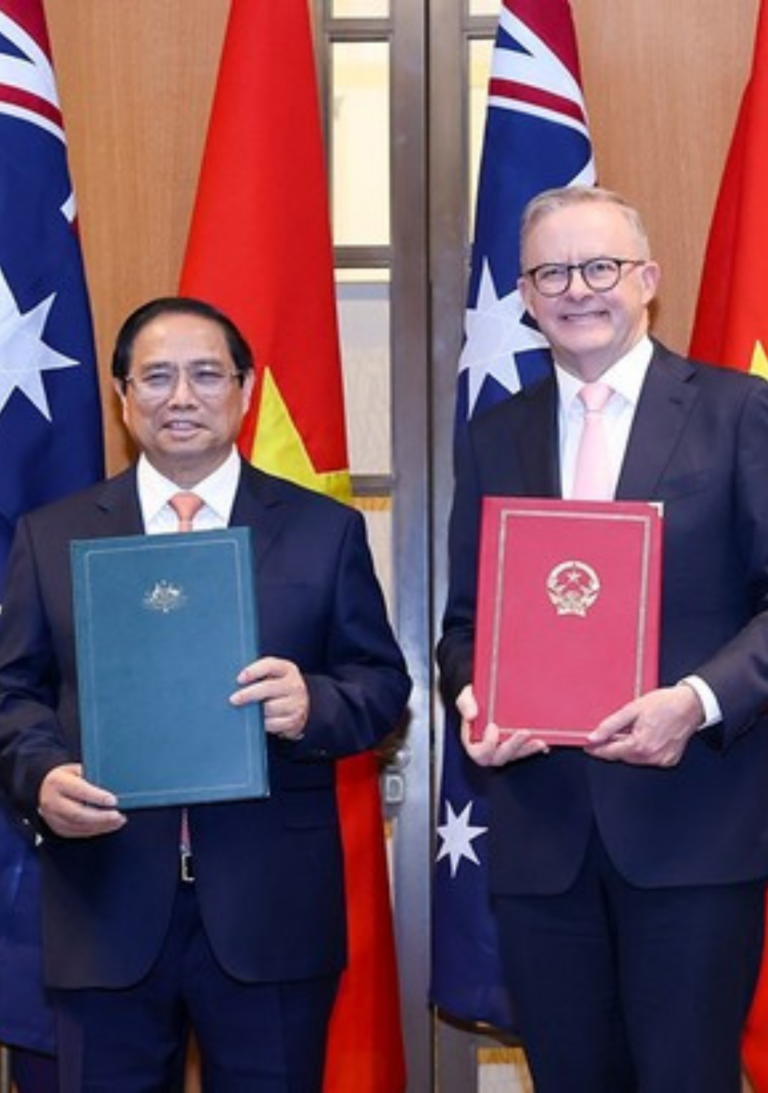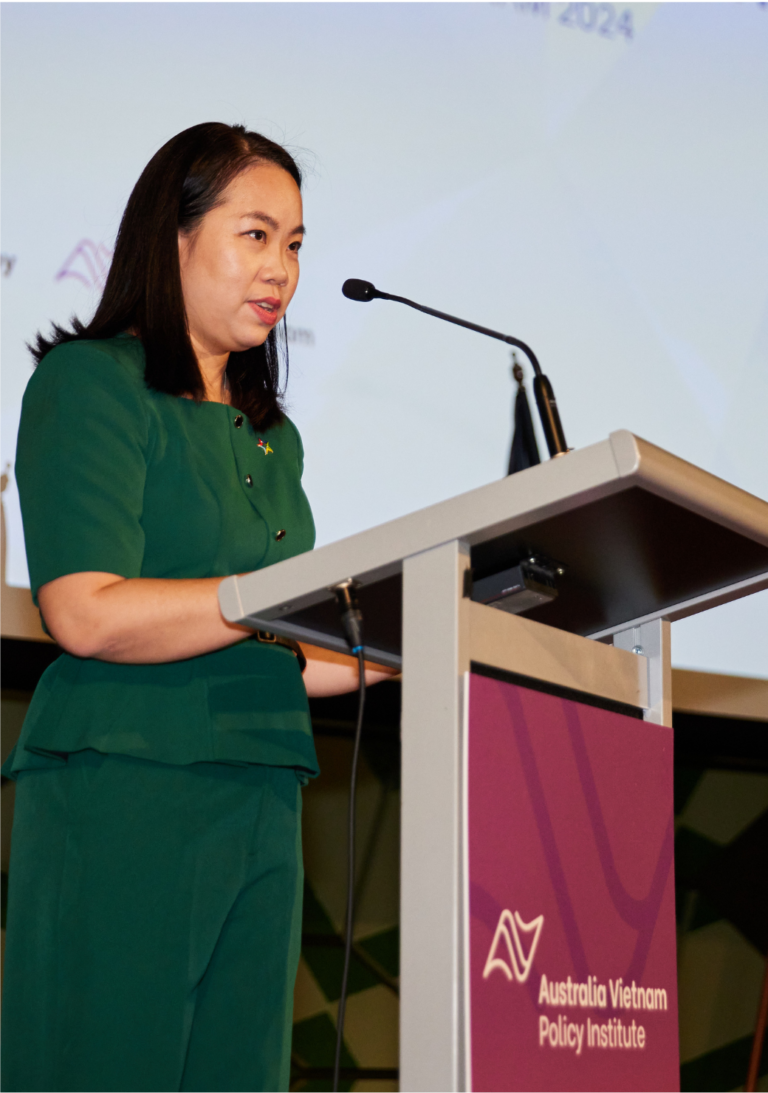The Vietnam-Australia relations are at their best-ever development in both strategic scope and depth, a researcher has said, stressing that economic and trade cooperation is considered a priority in promoting the bilateral relations.
Sydney (VNA) – The Vietnam-Australia relations are at their best-ever development in both strategic scope and depth, a researcher has said, stressing that economic and trade cooperation is considered a priority in promoting the bilateral relations.
In a recent interview granted to the Vietnam News Agency, Dr. Nguyen Hong Hai, a researcher at the Centre for Policy Futures under the University of Queensland in Australia, gave assessments on prominent cooperation areas between the two countries.
According to Hai, Vietnam – Australia trade and investment cooperation has developed strongly. The two countries realised their goal in 2022, becoming one of the top 10 trading partners of each other despite the impact of the COVID-19 pandemic in the two previous years.
Australia is one of the foreign education markets attracting the most Vietnamese students, while Vietnam has also become an increasingly popular destination for Australian students to join short courses and student exchange programmes under the “New Colombo Plan” programme, he said.
Political, security and defence cooperation demonstrates the increasing trust between Vietnam and Australia under the framework of comprehensive partnership and strategic partnership, he stressed.
During Australian Prime Minister Scott Morrison’s visit to Vietnam in 2019, the two countries stated that they respect not only independence, sovereignty and territorial integrity but also the political systems of each other. They also set up an annual foreign ministerial-level meeting mechanism to strengthen political cooperation in foreign and regional affairs.
Defence exchanges between Vietnam and Australia took place in many forms, including friendship visits by warships of the Royal Australian Navy to Ho Chi Minh City, Da Nang and Khanh Hoa. The two sides also enhanced information exchange and security cooperation, Hai said, noting that such activities take place only between strategic partners with high political trust.
Hai said there are six factors contributing to the establishment and development of the relationship between the two countries, namely the strategic vision and political determination from both sides; the demand of each country coming from national interests; parallel interests and similarities, especially on issues of strategic interests, core interests, views on security, peace, and regional and world order; opportunities and complementarity in economic and trade cooperation; the bonds between the Vietnamese community in Australia and Vietnam as well as the host country; and trends and movements in international relations in the region and in the world.
According Hai, Vietnam and Australia should further expand cultural and art cooperation because this is the most durable link which can enhance intimacy in the bilateral relations.
He cited National Assembly Chairman Vuong Dinh Hue’s statement during his visit to Australia in November 2022 as saying that cultural and artistic exchange is an integral part of the people-to-people exchange – one of the pillars of the bilateral relations.
There remains a huge prospect for the two sides to enlarge their cooperation in the future, Hai said, adding that the two countries have similar views and have agreed on the need to ensure freedom and security of aviation and navigation, and compliance with international law in the East Sea, including the 1982 United Nations Convention on the Law of the Sea (UNCLOS).
Regarding the efforts of the two nations to reach climate goals, Hai said Australia can support Vietnam to achieve its goals of reducing emissions and developing a green and clean economy to contribute to global climate change adaptation efforts.
In the coming time, the two countries should focus their strategic cooperation on such key areas as innovation, especially digital technology; national defence and security; cultural cooperation; and people-to-people exchange, he stressed.











